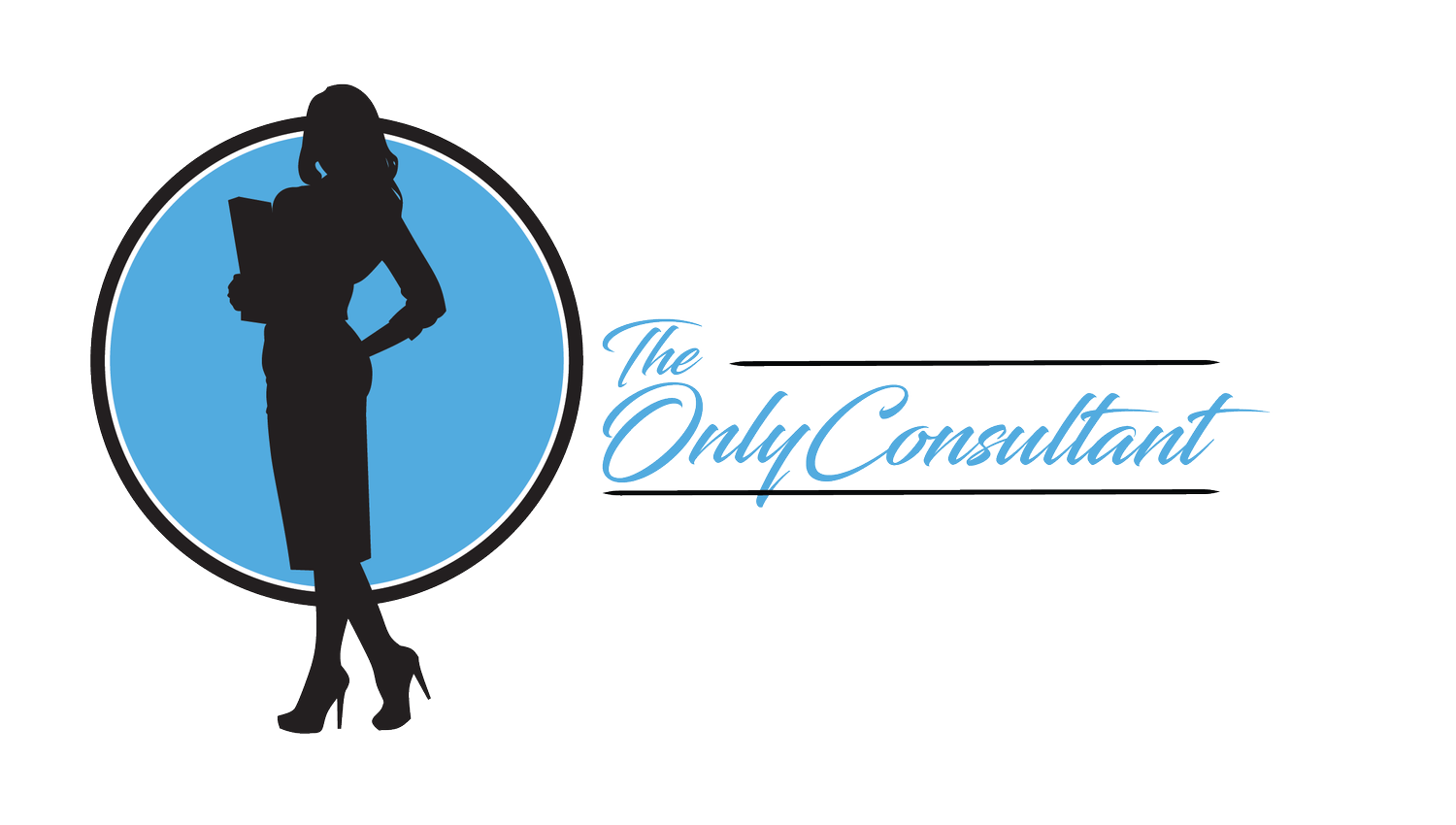IRS Delays 1099-K Implementation of $600 Reporting Threshold
If you're self employed there's a pretty good chance you've heard a lot of buzz surrounding the 1099-K and third party payment platforms over the last year. The IRS has flip-flopped on it's decision to mandate the issuance of a 1099-K to any independent contractor who earned over $600 throughout 2022.
Before we get into this, let's back up a second. WTF is a 1099-K and WTF is a third party payment platform? A 1099-K, similar to a 1099-NEC, reports income. In this case by a payment card transaction or third-party payment source. It's a tax document issued to tax payers requiring them to claim the income on their tax return. A third-party payment processor acts as middle man between the customer and the seller. It processes the payment on behalf of one party and deposits the funds into the bank account of another party. Some examples of third-party payment processors are PayPal, Ebay, Cashapp, Venmo, or Stripe. (Obviously this is not an all inclusive list, these are just some key examples).
Traditionally, a 1099-K would not be issued unless you had over $20,000 in aggregate payments or a 200 transaction threshold, otherwise there would be no tax document issued and you would have to trace and claim the income on your 1040 Schedule C on your own. In 2021, according to the American Rescue Plan, the IRS said it would mandate 1099-Ks to be issued to any small business receiving over $600 throughout the 2022 calendar year, meaning you would receive a tax document. There has been mass confusion and hysteria surrounding this ruling. We weren't sure if the tax documents were going to be issued for personal or business activity.
In December 2022, the IRS announced it would delay this ruling until 2023, so now the old rules still apply. Ah...gotta love the IRS!
So what does this mean for you? If you're reading my blog, I can assume you're either working in the spicy industry or an open-minded vanilla small business owner. Let me be crystal clear here - all of your business income is STILL taxable whether or not you receive a 1099-K. This means you still need to be tracking your tips and business income earned on third party payment platforms like Venmo, PayPal, Cashapp, Zelle, Apple Pay etc. even if you do not hit the 200 transaction of $20,000 threshold. This money should be included in your gross business income (reflected on your 1040 tax return on Schedule C).
Now is great time to sit down and tally up your multiple income streams so you can provide this information to your tax accountant to prepare your tax returns. You can use my free spreadsheet and YouTube tutorial to help you. I know the tax process is already confusing and the IRS changing their rules right before tax season doesn't help. It's always best to consult a tax professional if you're unsure about your tax situation or have additional questions. I would love to help! You can set up a 1:1 call with me or reach out to my team!
